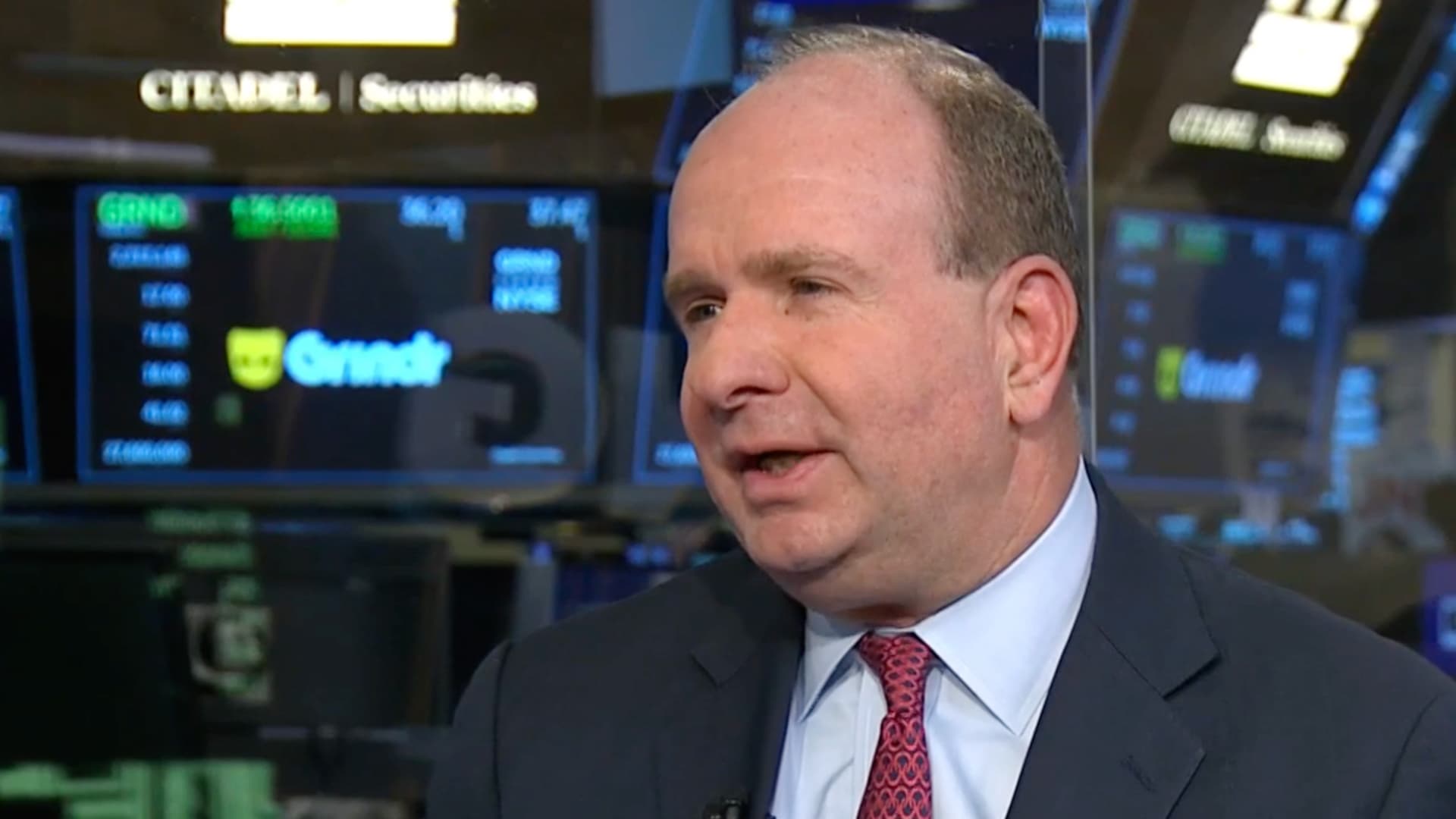Cypriot Election Result Casts Doubt on Island’s Reunification
Criticism of U.N. plan
Papadopoulos, who is considered a hardliner, has been vocal about weaknesses he sees in the U.N. blueprint, alleging that Turkish Cypriots will be sold short by the deal. His criticism has focused on the return of displaced persons to their former homes, which the plan limits.
The incoming president, however, attempted to distance himself from his "rejectionist" image on Sunday. "It is our commitment and our duty to continue the negotiations with flexibility and good will to bring about the necessary improvements to the U.N. peace plan so that it becomes a workable and viable solution," he said.
Political observers fear that if Papadopoulos proves difficult in negotiations, the Turkish Cypriots, under the leadership of Rauf Denktash, may too insist on changes, and the two sides will fail to meet the Feb. 28 deadline for agreement set by U.N. Secretary General Kofi Annan.
The U.N. reunification plan foresees the two sides sharing power as well as exchanging land and populations. Annan’s timeline foresees referenda on the proposal to be held in both parts of the island by May 30. The united country would then sign a European Union accession treaty on April 16.
Regardless of whether reunification takes place, the Republic of Cyprus will join the EU in May 2004.
Left supports right
Though largely unknown abroad, Papadopoulos has long been involved in Cypriot politics. He studied law in London and is a veteran of EOKA, the Greek Cypriot nationalist guerilla movement that fought for independence against British rule in the 1950s. Papadopoulos was a close associate of Cyprus’ first president Archbishop Makarios and was involved in drafting Cyprus’ constitution. He was a cabinet member from 1960 to 1972 in numerous capacities: as minister for the interior, finance, labor, health and agriculture. He has been a member of Parliament since 1960. Since last year he has headed the center-right Democratic Party (DIKO). The powerful communist AKEL party, which supports reconciliation, and the Social Democrats supported him in his bid for the presidency.
In the 1990s, while Greece supported the Serbs in the Balkan wars, Papadopulos’ law firm allegedly enabled Yugoslav President Slobodan Milosevic to channel funds through Cyprus, foregoing the U.N. embargo to fund Serb armed forces.
The island of Cyprus has been divided since 1974 when Turkey took control of one third of the country in the north, prompted by an Athens-supported coup in Nicosia aimed at uniting the island with Greece.


